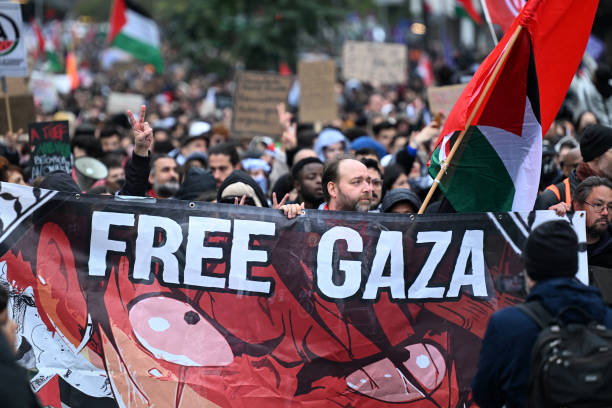
Humanitarian Crisis in Gaza: Patients on the Brink of Starvation
Dozens of injured patients at the Indonesian Hospital in northern Gaza, besieged by Israel, are facing the threat of death due to a lack of food and water. The Palestinian Ministry of Health reported on Tuesday night that 60 patients are critically endangered and at risk of losing their lives.
The United Nations’ humanitarian coordinator for Gaza, Sigrid Kaag, delivered a closed-door briefing to members of the United Nations Security Council (UNSC) in New York. Speaking at a press conference, Kaag highlighted the dire situation in Gaza.
During her discussions with the UNSC, Kaag expressed hope for a ceasefire and the unconditional release of hostages. This, she suggested, could pave the way for increased humanitarian assistance to Gaza.
Israeli media reported that Qatar has played a crucial role in mediating negotiations for a ceasefire and hostage release. Speaking at the Doha Forum, Qatar’s Foreign Minister Sheikh Mohammed bin Abdulrahman Al Thani revealed there is “new momentum” in ceasefire talks.
The situation in Gaza underscores a profound humanitarian crisis. With food, water, and medical supplies in dire shortage, the world’s hope rests on international diplomacy to end the violence and ensure aid reaches those in desperate need.